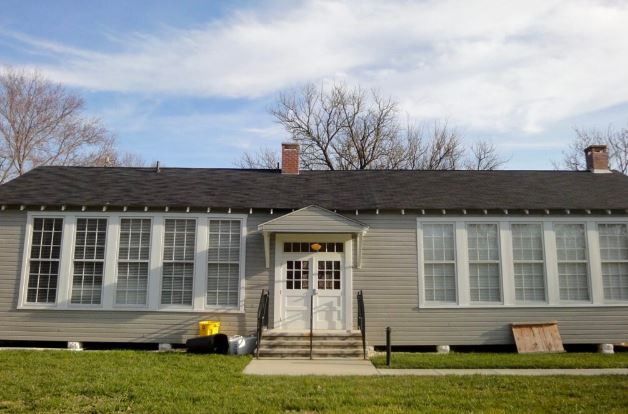Maryland Commits to Preserving Historic All-Black Schoolhouses

In a significant step towards honoring its African American heritage, Maryland has announced plans to preserve historic all-black schoolhouses across the state. This initiative recognizes the importance of these sites not only as educational institutions but also as pillars of community and resilience during the era of segregation.
The all-black schoolhouses, some dating back to the 19th and early 20th centuries, served as beacons of hope and learning for African American children at a time when racial segregation denied them access to the same educational resources as their white counterparts. These buildings, often constructed and maintained through the efforts of the African American community, represent a crucial chapter in the broader story of education, civil rights, and the fight for equality in the United States.
The preservation effort aims to safeguard these historic structures, ensuring that they remain as enduring symbols of the struggle for educational equity and as testament to the resilience of African American communities. The initiative also seeks to educate future generations about the challenges and triumphs of African Americans during segregation, providing valuable historical context for ongoing discussions about race, equality, and justice in America.
By restoring and maintaining these schoolhouses, Maryland is not only preserving physical structures but also honoring the legacy of the educators, students, and community members who sustained these institutions. The project involves various stakeholders, including preservationists, educators, and community organizations, working together to ensure that these historic sites receive the recognition and care they deserve.
This commitment to preserving all-black schoolhouses underscores the broader importance of historical preservation in understanding and confronting the complexities of America’s racial past. As these sites are restored and integrated into educational curricula and cultural programs, they will serve as powerful reminders of the progress made and the work that remains in the pursuit of equality and justice for all.





